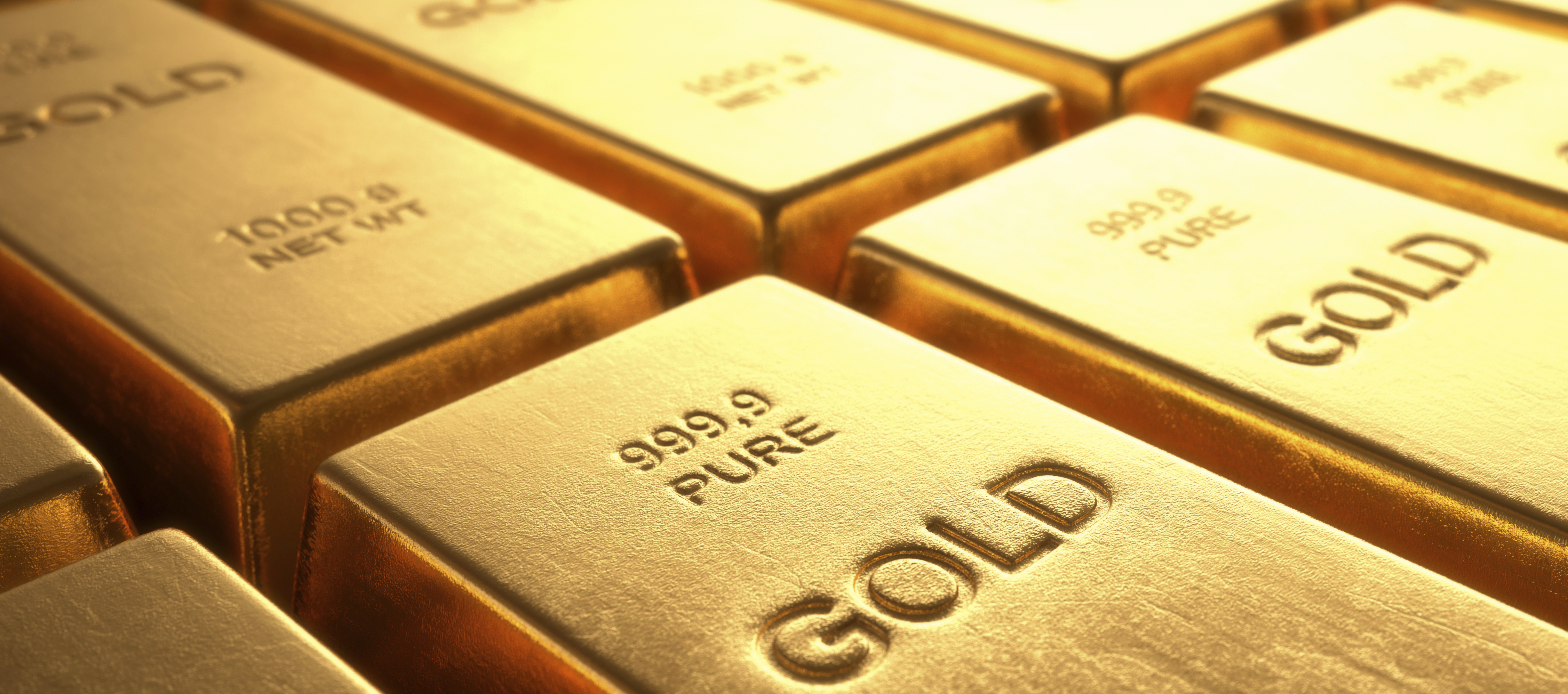According to the last surveys, we spent on average 6 hours and 42 minutes every day online using electronic devices.[1] But have you ever wondered, what your laptop, smart phone or tablet is made of?
Electronic devices, such as mobile phones and laptops, are loaded with remarkable amounts of precious metals and critical materials. To put it into perspective, the concentration of gold in mobile phones oscillates around 300 to 350 g/t (grams per ton) and 200-250 g/t for PC and laptops. These numbers are incredibly higher than the typical concentrations present in gold ores, which move around 8 to 10 g/t of milled ore. Therefore, e-waste contains more than 30 times the amount of gold than usual ores. [2]
Furthermore, gold is not the only valuable material present in e-waste. The concentration of silver and palladium in mobile phones amounts in average 3500 g/t and 140 g/t respectively and other metals like copper and rare earths are also present.
So, considering that 12,000,000 tons of e-waste were generated only in Europe in 2019, we are talking about huge amounts of potential resources of precious metals. [3]
However, the main difference of e-waste in respect of conventional precious metal ores relies on the fact that these metals are present in mixtures up to 60 elements difficult to extract, which require complex metallurgical processes to refine them.
Here UrbanGold Technologies comes into play. Our team of experts apply their solid knowledge in the field of e-waste recycling and our unique state-of-the-art technology to make the recovery of precious metals from electronic waste profitable and possible.
UrbanGold GmbH, your partner for metallurgical e-waste recycling. Together we contribute to make a sustainable world.
[1] Digital 2019 Global Digital Overview (January 2019) v01
[2] Hagelüken, C., Corti, C.W. Recycling of gold from electronics: Cost-effective use through ‘Design for Recycling’. Gold Bull 43, 209–220 (2010). https://doi.org/10.1007/BF03214988
[3] Forti V., Baldé C.P., Kuehr R., Bel G. The Global E-waste Monitor 2020: Quantities, flows and the circular economy potential. United Nations University (UNU)/United Nations Institute for Training and Research (UNITAR) – co-hosted SCYCLE Programme, International Telecommunication Union (ITU) & International Solid Waste Association (ISWA), Bonn/Geneva/Rotterdam






